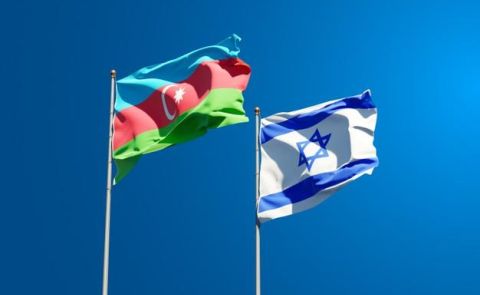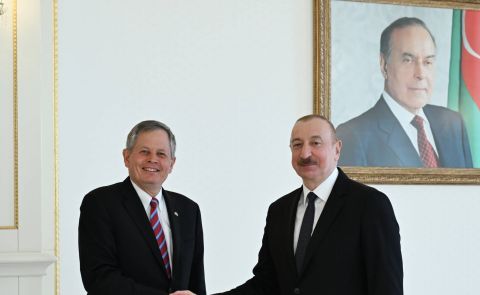
EPP and Council of Europe Adopt Key Decisions on Georgia
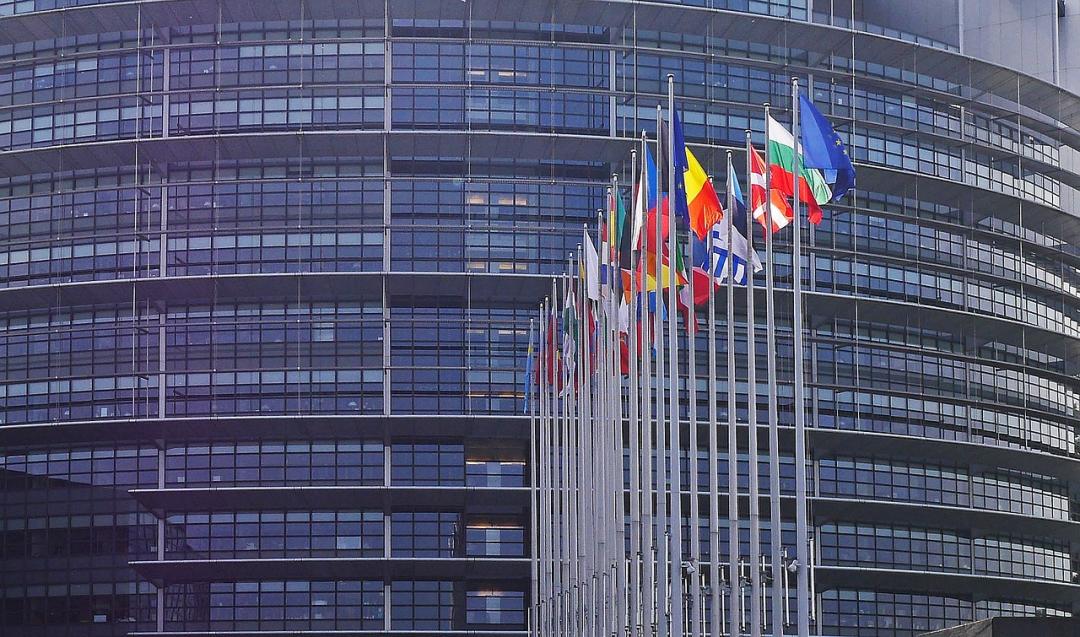
On April 30, the European People’s Party (EPP) and the Committee of Ministers of the European Council adopted significant decisions addressing the deteriorating political situation in Georgia and reaffirming support for the country’s sovereignty amid the ongoing Russian occupation of Abkhazia and Tskhinvali.
During its congress in Valencia on April 30, the European People’s Party, the largest political group in the European Parliament, adopted a resolution titled "Expressing Solidarity with the Georgian People and Demanding New, Free, and Fair Elections." Manfred Weber, EPP President, called on EU member states to impose coordinated bilateral personal sanctions against Bidzina Ivanishvili, his relatives, companies, and network of enablers, and to freeze their assets within the EU. The resolution urged the European Council to disconnect Ivanishvili’s Cartu Bank from the SWIFT and Visa/MasterCard networks and to introduce sectoral sanctions against businesses linked to the regime, particularly in copper ores and non-ferrous metals.
The EPP’s demands extended beyond Ivanishvili, calling for sanctions against Georgian officials and political figures involved in democratic backsliding, electoral fraud, and human rights violations, explicitly targeting judges issuing politically motivated sentences. Additionally, it urged the European Council to adopt a unified policy toward Georgia by cutting the ruling regime’s financial resources and halting financial cooperation with the Georgian Dream authorities until new elections are held, while sanctioning the regime’s political, financial, and propaganda elites.
The party expressed deep regret over the Georgian Dream government’s mishandling of Georgia’s EU candidate status, blaming it for obstructing the country’s European path despite strong public support for EU integration. It welcomed the EU Council’s January 27 decision to suspend parts of the visa-facilitation agreement for Georgian diplomats and warned that Georgian Dream would bear full responsibility if the visa-free regime for Georgian citizens were suspended due to unmet benchmarks.
The EPP described the situation in Georgia as a full-fledged constitutional, political, and human rights crisis, particularly following the government’s November 2024 announcement to halt the EU accession process. The resolution condemned the excessive fining of protesters, asset freezes targeting civil society, and dismissals of public servants for supporting pro-EU demonstrations, noting that fines imposed on demonstrators exceeded 18 million GEL. It further criticized the use of Georgia’s legal system against the opposition, naming the United National Movement and its supporters as victims of politically motivated actions. The resolution declared the current Georgian parliament an illegitimate one-party parliament and noted that authorities held 52 political prisoners, including journalist Mzia Amaghlobeli.
The resolution also addressed former President Mikheil Saakashvili’s case, stating he was sentenced to 12.5 years in prison by Mikheil Jinjolia, a member of Georgia’s globally sanctioned judicial clan, using an outdated staggered sentencing measure. The EPP demanded that the Georgian Dream government set a specific date for new, free, and fair parliamentary elections, urged the European Commission to reassess the EU-Georgia Association Agreement, and called on international actors not to recognize the Georgian Dream-controlled parliament or its appointed president, instead affirming Salome Zourabichvili as the only legitimate representative of the Georgian people.
On the same day, during the 1527th meeting of the Committee of Ministers’ Deputies of the Council of Europe, the body adopted its twelfth decision on "The Council of Europe and the Conflict in Georgia." Alain Berset, Secretary General of the Council of Europe, reaffirmed the support of the Council and its 46 member states for Georgia’s sovereignty and territorial integrity within its internationally recognized borders. The decision condemned the Russian Federation’s ongoing violations, including breaching the EU-mediated August 12, 2008, ceasefire agreement and maintaining illegal military forces in Abkhazia and the Tskhinvali region.
The Committee of Ministers reiterated support for the 2023 Reykjavík Summit Declaration, which called on Russia to immediately and unconditionally withdraw its forces from Georgia. The decision also welcomed European Court of Human Rights rulings confirming Russia’s responsibility for grave human rights violations in the occupied territories, including the Court’s December 17, 2024, judgment recognizing Russia’s control over Abkhazia before the 2008 war.
The Committee urged the Russian Federation to implement these rulings and grant unimpeded access for Council of Europe monitoring missions to areas beyond the Georgian government’s control. It emphasized the importance of keeping the occupation issue on the Council’s political agenda, continuing a practice established since 2014.
During the same meeting, Lasha Darsalia, Deputy Minister of Foreign Affairs of Georgia, addressed participants, thanking the Council for adopting the consolidated report and for its steadfast support for Georgia. He presented an overview of the security, humanitarian, and human rights situation from October 2024 to March 2025, condemning Russian violations of the ceasefire agreement and intensifying control over occupied Georgian territories. Darsalia reaffirmed Georgia’s commitment to peaceful conflict resolution and emphasized the importance of European Court of Human Rights rulings confirming Russia’s occupation and effective control.
In conclusion, the Ministry of Foreign Affairs of Georgia welcomed the 31st Consolidated Report of the Secretary General of the Council of Europe and stressed the need for the occupation issue to remain a priority on the Council’s political agenda.
See Also

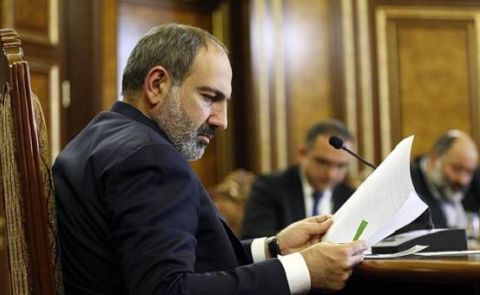
Pashinyan Commemorates First Republic Day, Highlights Progress in Sovereignty and Peace Efforts

Israeli Ambassador to Armenia Acknowledges Challenges but Optimistic About Future Armenian-Israeli Cooperation
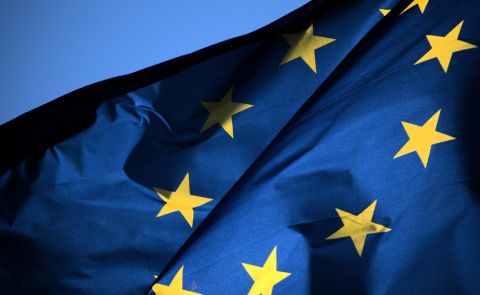
EU Plans Closer Cooperation with Azerbaijan, Georgia, Türkiye, and Other Black Sea States
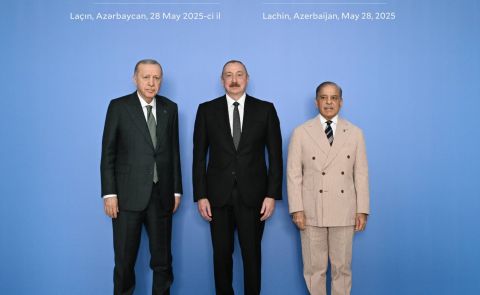
Azerbaijan, Türkiye, and Pakistan Highlight Growing Strategic Cooperation at Lachin Summit
